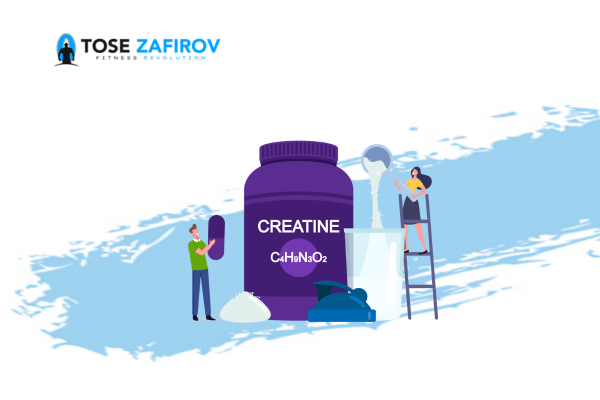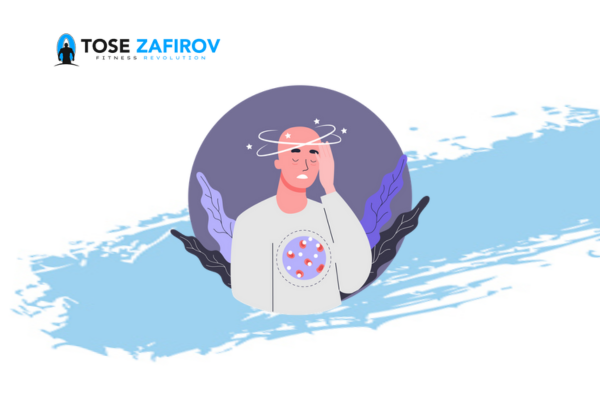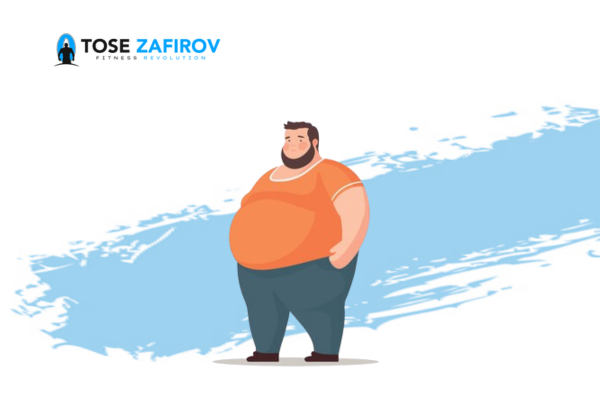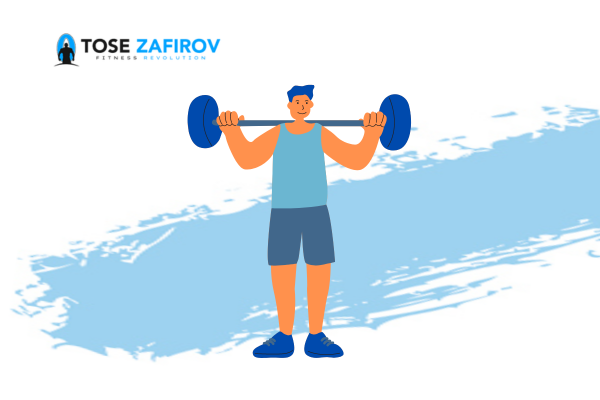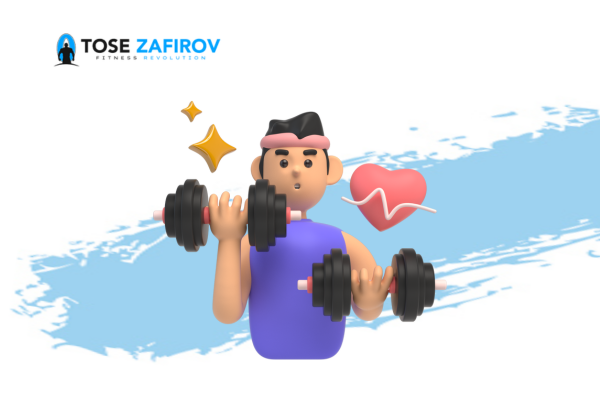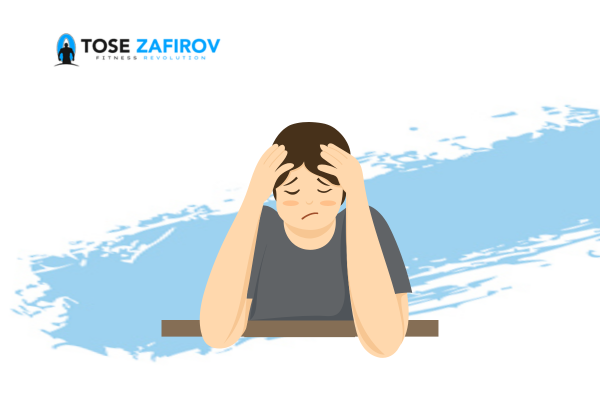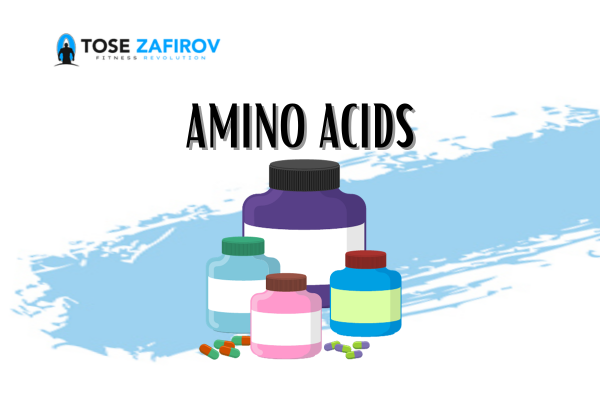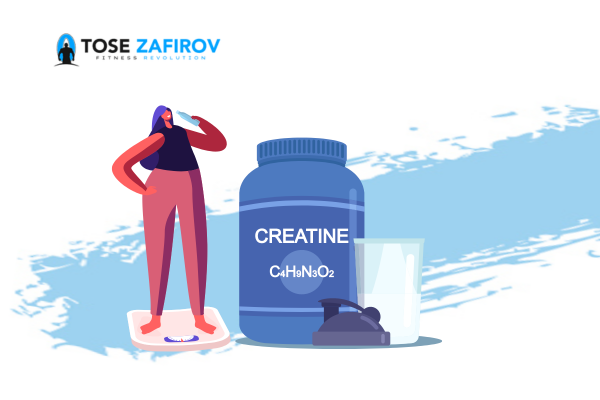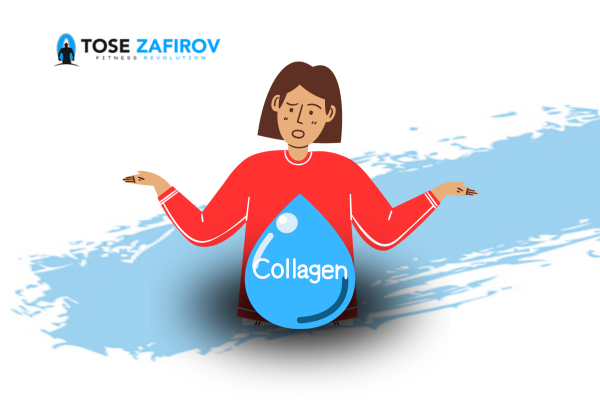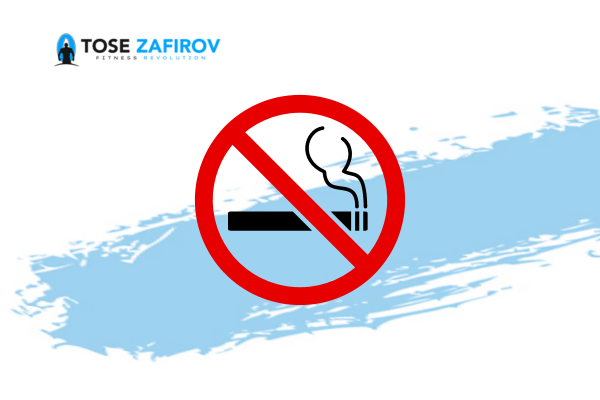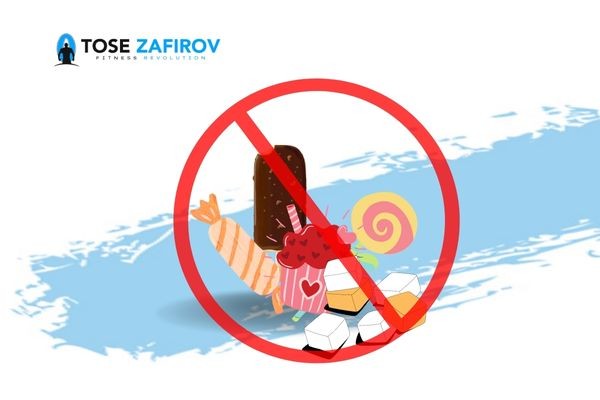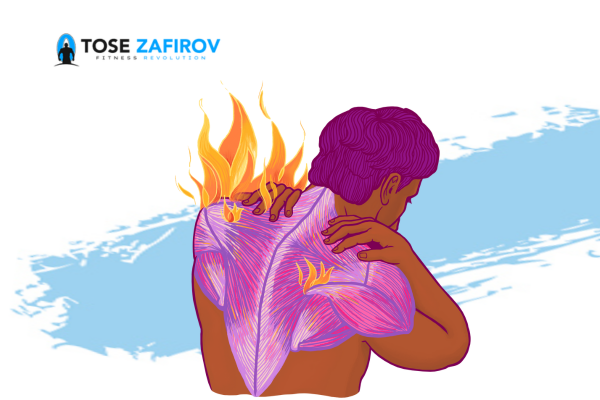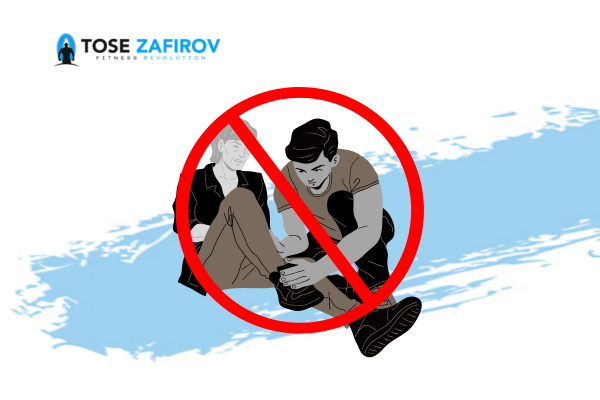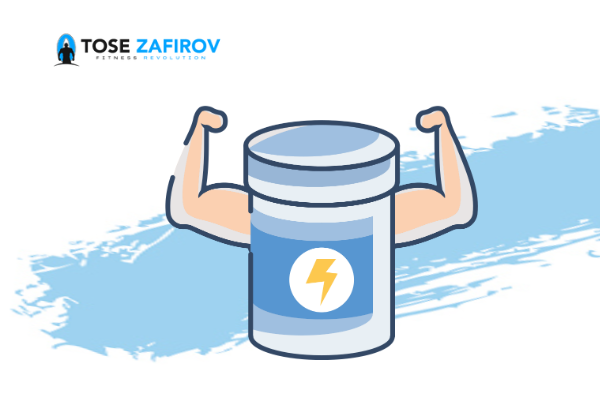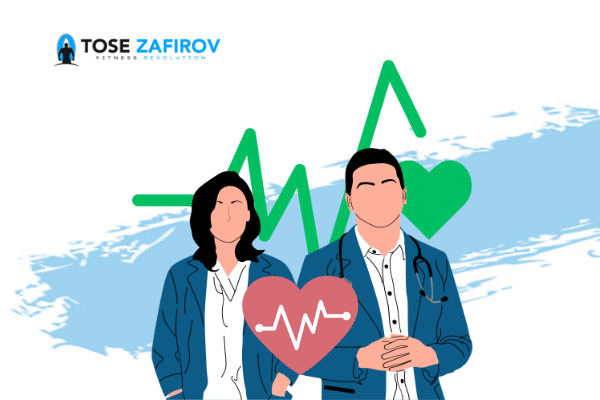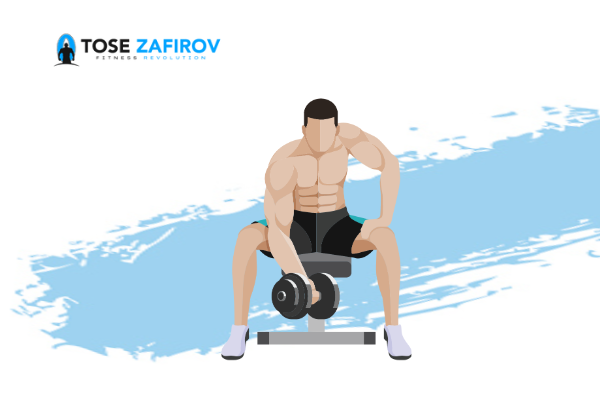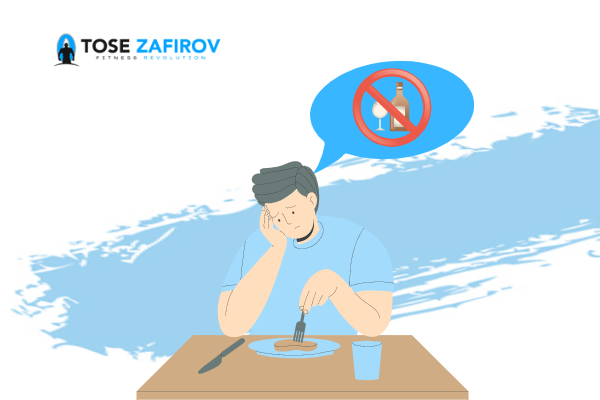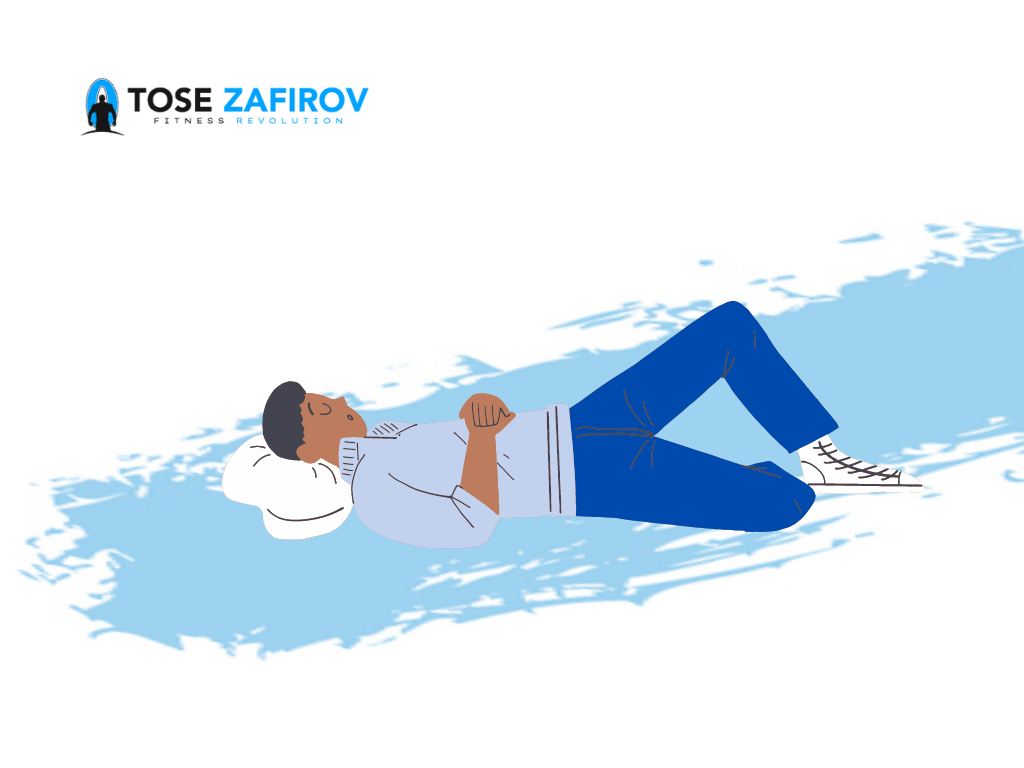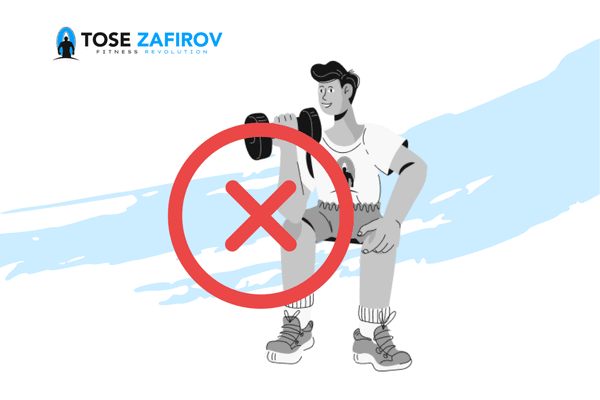Smoking harms nearly every organ of the body. Some of these harmful and negative effects are immediate. Find out the health effects of smoking on different parts of your body.
Key Takeaways:
- Why is it so hard to quit? The first week you stop, your dopamine is lower than baseline because you’re not giving your body & brain the hit it’s come to expect at a certain time so you feel much worse
- Nicotine, a highly addictive chemical present in various tobacco products, poses significant challenges to quitting smoking due to its psychoactive effects, tolerance, and physical dependence.
- Nicotine impacts the central nervous, cardiovascular, respiratory, muscular, and gastrointestinal systems, leading to several health issues such as increased blood pressure, cardiovascular diseases, respiratory problems, and muscular degradation.
What Is Nicotine?
Nicotine is a highly addictive chemical found in cigarettes, chewing tobacco and vaping products. Nicotine is the main reason why it is so hard to quit smoking.
Why Is Nicotine So Addictive?
advertisements that state it is an addictive chemical. These warnings can be found on the box or packaging of any of these products.
How to recognize nicotine addiction
Here are some signs to look for if you think you might have an addiction to nicotine:
- You feel grumpy, anxious, or easily angered if you stop using tobacco.
- You have trouble controlling when, where and how often you smoke.
- You think about using tobacco (you crave a cigarette) many times a day.
Note
Harmful Effects of Nicotine
Addictive substances are not addictive because they taste or smell good: they are addictive because they fundamentally change our brain chemistry. Nicotine addiction is no different and its properties include:
- Psychoactive effects
- Compulsive use
- Quick relapse
- Drug-reinforced behavior
- Tolerance
- Physical dependence
Nicotine can act as both as a stimulant and a sedative, depending on the quantity you ingest. Typically, cigarettes contain anywhere from 8 to 20 mg of nicotine – average being 14 mg. A steady smoker smokes at least a pack of cigarettes a day, so 20 cigarettes equal 280 mg. While only a fraction of that gets inhaled (around 20 mg per pack – the rest dissipates in smoke) it’s important to note that 30 -60 mg of nicotine in its liquid form is lethal for an adult. Around 10 mg is lethal to small children and even less than that to babies. In comparison, a lethal dose of cyanide for an adult is 1.5 mg per 2 pounds of weight.
Pro Tip
Understanding the mechanisms of nicotine addiction can aid in developing effective cessation strategies.
Nicotine Side Effects on Your Brain
Cigarettes are one of the fastest ways to get nicotine into your system. After an inhale, tar with nicotine deposits travels to lungs where it latches on and gets absorbed by the organism. It takes up to twenty seconds for nicotine to travel to the brain. Other delivery methods, such as chewing tobacco, smokeless tobacco, and e-cigarette systems are slower, but not by much.
When nicotine reaches the brain it attaches to neural receptors usually reserved for acetylcholine. This begins a series of chain reactions in the body. First, it starts to stimulate the adrenal glands which start releasing large amounts of adrenaline into the system. This ‘flight or fight’ hormone elevates the heart rate and breathing. As the heart rate goes up so does the blood pressure and this means that nicotine is also partly to blame for numerous vascular diseases.
That rush of adrenaline also signals the body to dump sugars into the system –under normal circumstances that sugar would be useful for either the fight or the flight response. In this case, it stays in the bloodstream, accumulating and since nicotine suppresses insulin release this means that smokers regularly have elevated blood sugar levels. High blood sugar is one of the reasons why smokers tend not to feel hungry after a cigarette, regardless of how long it was since their last meal.
Nicotine is also responsible for dopamine floods that occur after smoking or chewing tobacco. Dopamine is a neurotransmitter that stimulates the pleasure centers of the brain and smoking there for gives smokers the same sensation you would get when eating something you really like or making love. This is where the craving part of the addiction comes into play. As nicotine-caused dopamine levels begin to stabilize, smokers get an overwhelming urge for another cigarette – essentially, another hit of nicotine. And that is how this vicious circle transforms into a snake biting its own tail.
Nicotine Side Effects on All Systems in the Body
Nicotine has adverse effects on every bodily system. Some of these develop over time but some are present with every dose of nicotine you take.
Nicotine Effects: Central Nervous System
- Dizziness
- Lightheadedness
- Abnormal sleep disturbances
- Blood-flow risk
- Headache
Nicotine Effects: Cardiovascular System
- Atherosclerosis
- Aortic enlargement and dissection
- Increased clotting
- Heart rate fluctuation
- Increased blood pressure
- Coronary artery disease
- Tachycardia
- Arrhythmias
Nicotine Effects: Respiratory System
- Shortness of breath
- Chronic obstructive pulmonary disease
- Bronchospasm
- Cancer
Nicotine Effects: Muscular System
- Spinal disc degeneration
- Joint pain
- Tremors
Nicotine Effects: Gastrointestinal System
- Peptic ulcer
- Diarrhea
- Nausea
- Dry mouth
- Heartburn
- Dyspepsia
- Cancer
Warning
Ignoring the adverse effects of nicotine on the body can lead to irreversible damage to multiple organ systems.
Smoking Lowers Your Testosterone Level
Testosterone level is linked to the muscle building. Muscle cells have receptors for testosterone called androgen receptors. When testosterone binds to the receptors, muscle fibres are maintained. Without testosterone, maintenance stops and muscle is degraded.
Another risk of smoking cigarettes is that it can damage the testosterone-producing cells within the body. With decreasing testosterone level, the muscles start to turn to fat, particularly in unwanted zones like chest and stomach. According to a study, low testosterone is replaced by a hormone called estrogen that is linked to increased belly fat or where you least want it.
Note
Smoking can disrupt hormonal balance and lead to undesirable changes in body composition.
Smoking Raises Cortisol
Smoking is responsible for an increase in the level of a stress hormone called cortisol, which decreases the production of testosterone. It also reduces protein synthesis, an important requirement for muscle growth. In smokers, there is an increased level of myostatin, a hormone that inhibits muscle growth reduces the strength of the muscles and prevents the toning of muscles.
Smoking Makes You Insulin Resistant
Smoking can cause insulin resistance, which can hugely impact your muscle-building goals. Insulin is a protein cum hormone, released after consuming carb-rich foods and works as a signal for the muscles to absorb glucose in the bloodstream. Glucose releases after consuming meals and produces ATP energy cells for the body. Whereas when you become insulin resistant, the muscles refuse to respond to the signal to absorb glucose from the blood and your energy levels decrease due to overload of glucose in the blood.
It makes you feel tired and prevents you from performing to the optimum level. Insulin resistance hampers the storage of glycogen. Glycogen is a longer chain version of glucose and the body’s energy storage mechanism. Less glycogen means that your workout intensity will be lower than normal. Insulin resistance also affects the nutrient absorption of the body and increases fat deposit, especially belly, a complete ‘no’ for the muscle builder.
How To Quit Smoking?
Quitting smoking can be a bit difficult due to its psychological and physical affect. The nicotine offers a momentary and temporary high. Same smoking quitting method doesn’t work for every individual.
It is important to recognise the fact that it is a kind of addiction and requires help to get over it. When trying to quit smoking you not try to wean away from the psychological and physical high provided by the cigarette, but unconsciously move out from the circle of friends and co-workers with whom you enjoy your smoke, which can be difficult.
In fact, quitting smoking is stressful, which is why it is very important to prepare yourself for that stressful period of quitting by following the below-mentioned things.
- Opt for therapies like laser and acupuncture.
- Talk with a friend that can understand your quitting journey and support you. It actually becomes easier if you have a partner who is also trying to quit smoking.
- A key part of quitting is to manage cravings that can make your quitting program successful. Find ways to divert your attention when the craving strikes.
- Try nicotine replacement therapy as it works for many people and is worth trying.
If you want to know how much smoking is too much? Just forget that as to achieve your bodybuilding goals you have to say bye to smoking.
Don’t lose hope when trying to quit. Always remember quitting will help your lungs and overall health that will help you in gaining muscle. So, keep trying!
Pro Tip
Maintaining a balanced diet and regular exercise can help manage insulin resistance caused by smoking
The bottom line
Understanding the addictive nature and harmful effects of nicotine is crucial in realizing the importance of quitting smoking for overall health and well-being. Overcoming nicotine addiction requires perseverance, support, and a combination of effective strategies, ultimately leading to a healthier and more fulfilling life.


